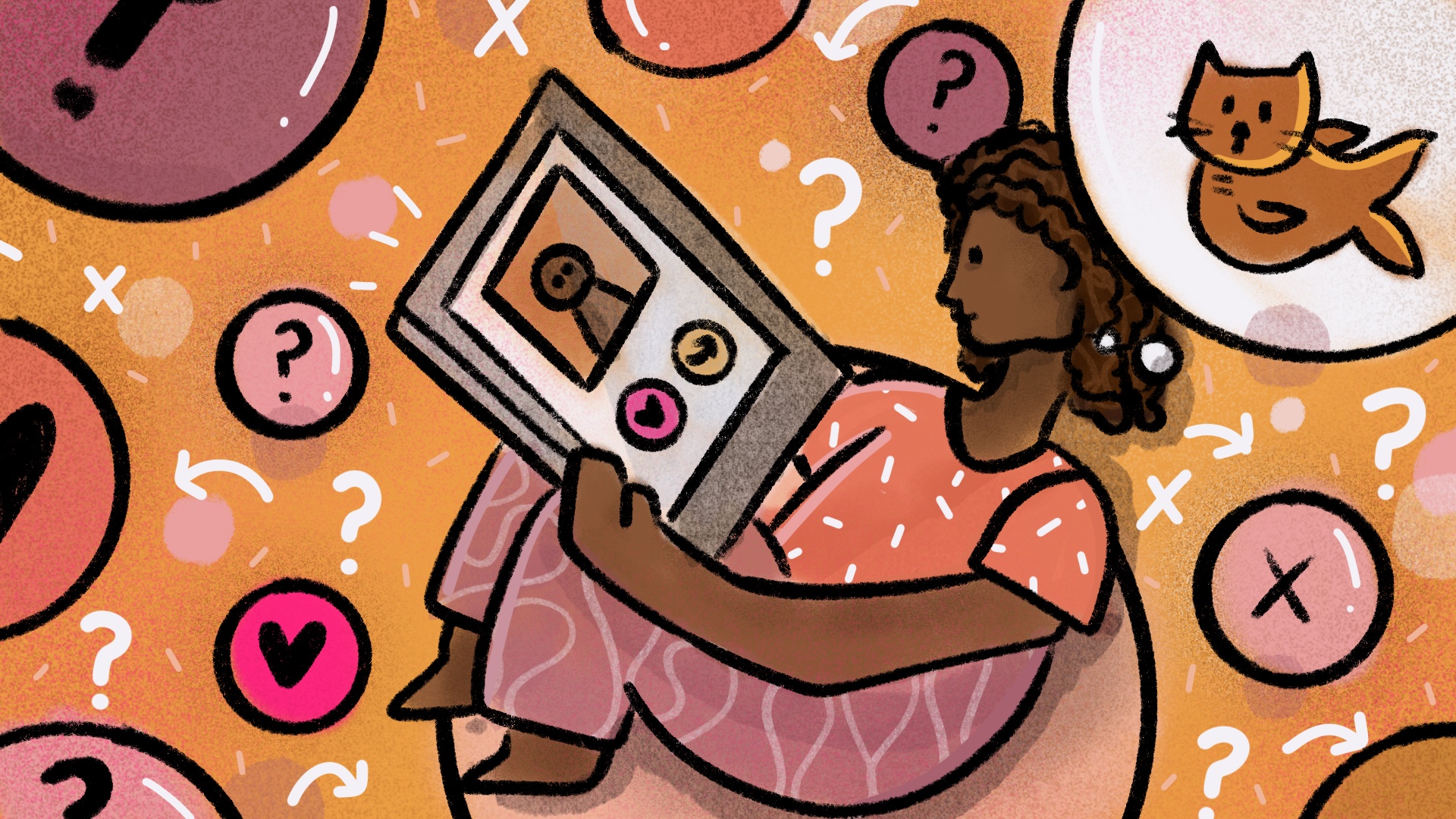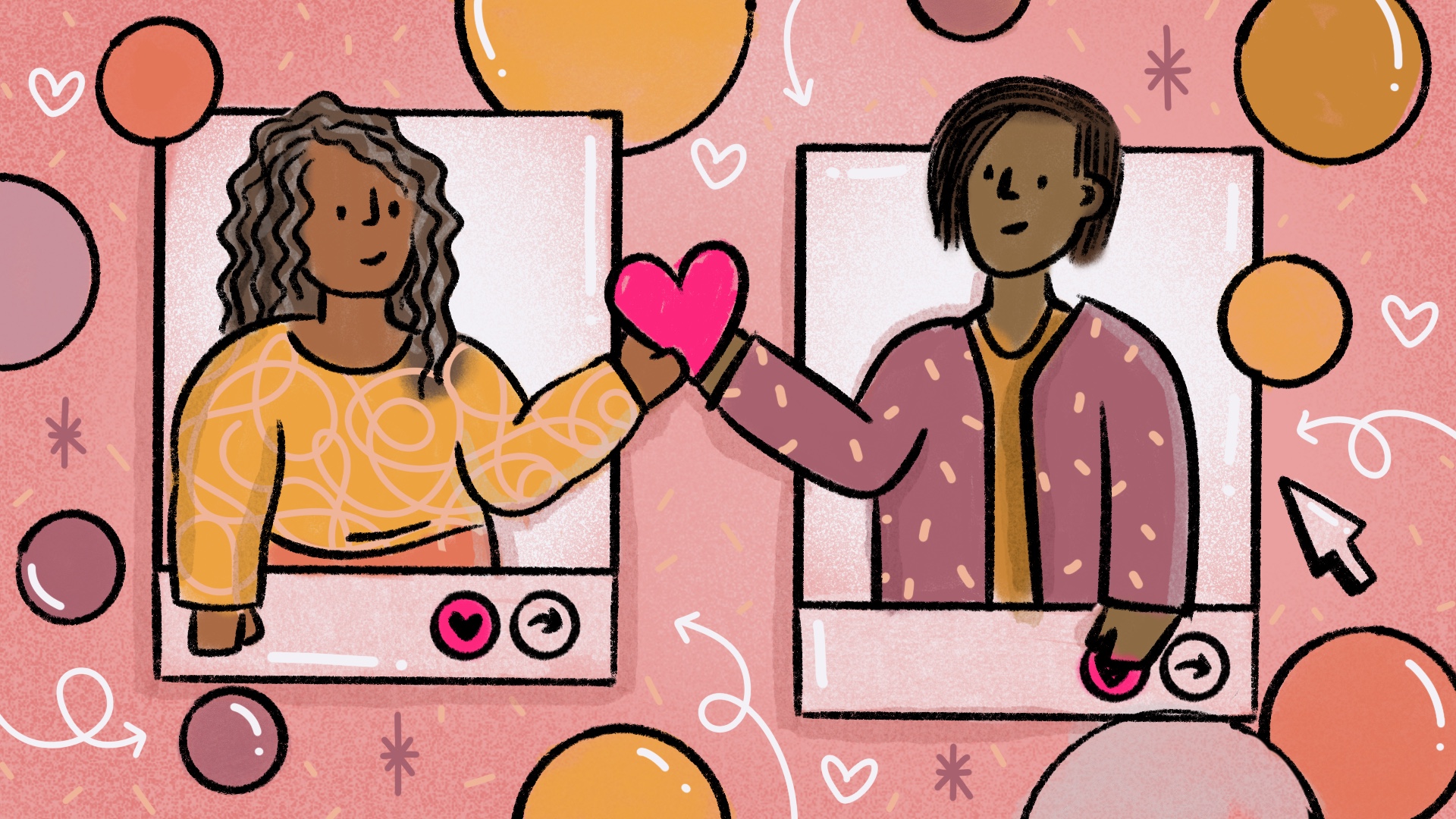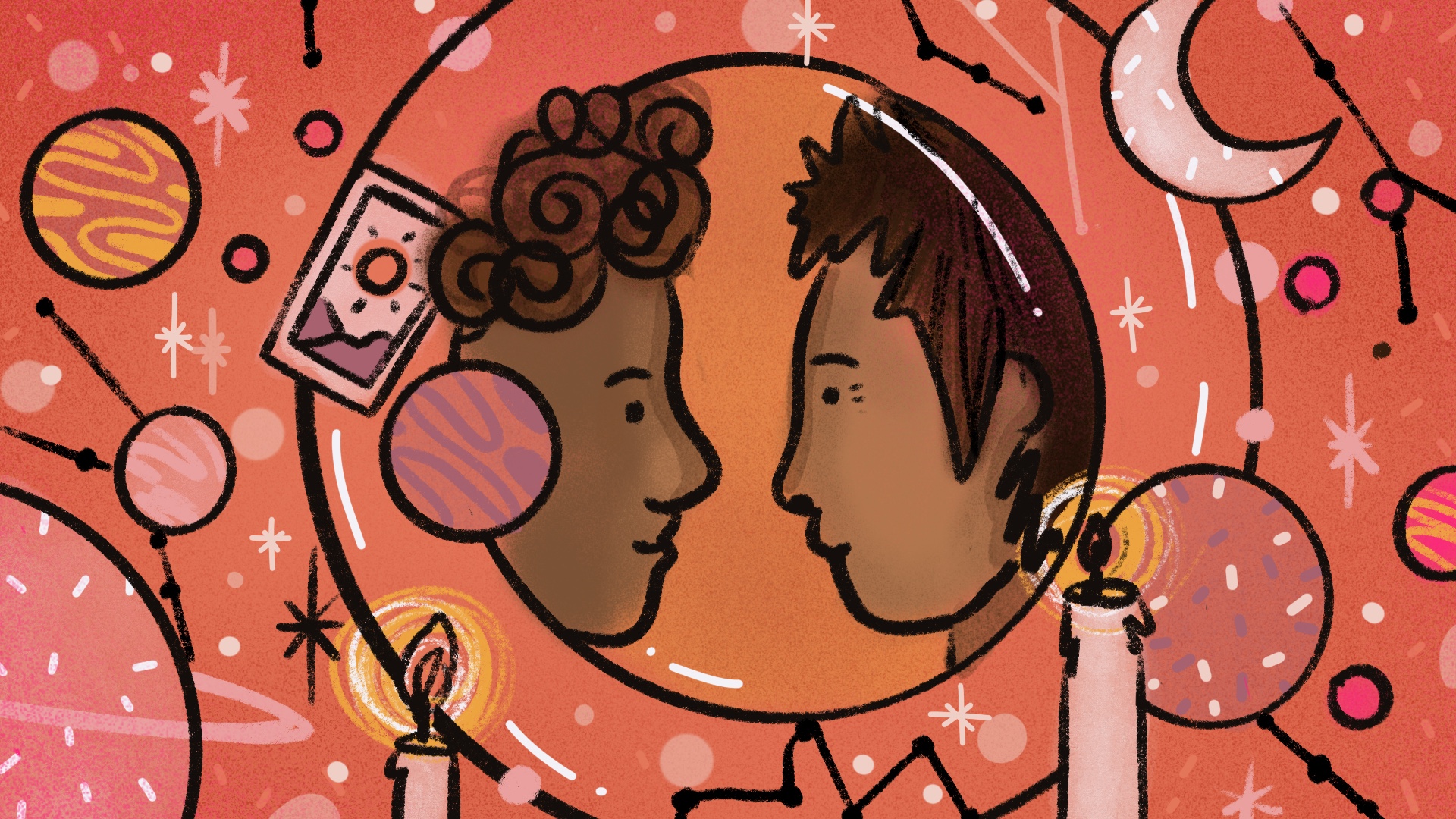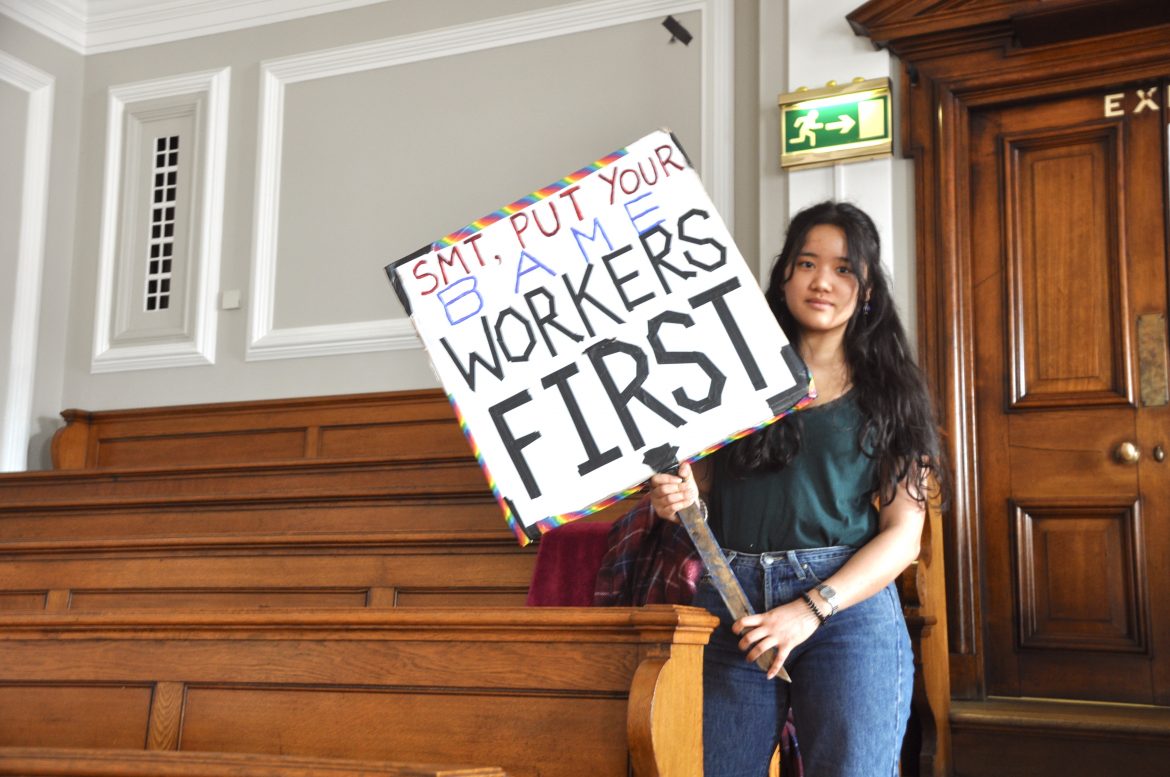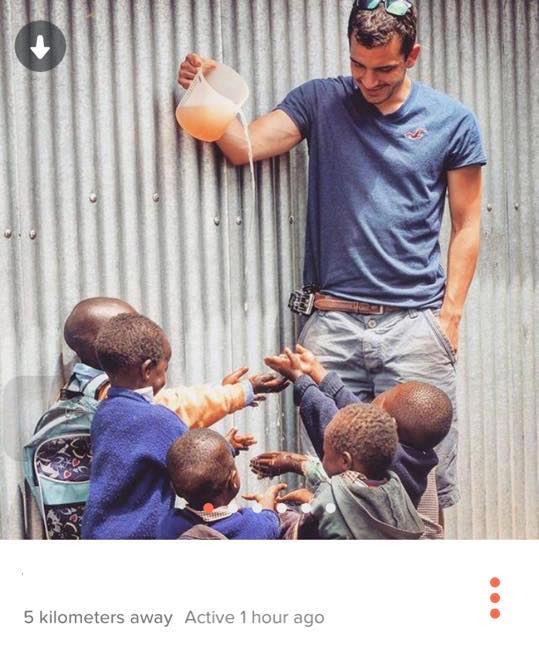
“This one time, on my gap yah…”
A friend recently sent me a Tinder screenshot – above – of a man pouring yellow liquid onto a collection of black children from a jug (presumably watering them).
Amongst the photos of ski-season regulars, nervous 18-year-olds posing next to sedated tigers and pictures of identically dressed boys taken in small-town Wetherspoons, hundreds of images of middle class white people, posing with groups of bored-looking brown children in developing countries, have popped up on the Tindersphere.
Tinder, a place where a public profile allows you to market yourself as you wish in order to remedy any loneliness, can provide a microcosmic snapshot of society, but it’s difficult to understand why all these travel-happy do-gooders think that hanging out with some ethnic kids makes them more desirable to the ladies, or what exactly they do on these holidays.
Facebook groups such as Humanitarians of Tinder have even popped up to satirise the hundreds of predominantly white Westerners who decide to use these types of images; providing us with screenshots of dating profiles, and bringing issues surrounding “voluntourism” into the limelight.
Charity tourism has been around for years, combining holiday-making with voluntary work in developing countries. It is marketed at high prices to gap-year students – those seeking “adventure” and in search of some genuine altruistic activity in less economically developed areas of the world.
However, there seems to be much more than meets the eye, and voluntourism has been condemned by the Voluntary Service Overseas as outdated and, in the long term, a “new form of colonisation”. They argue that many of the projects do nothing to combat the issues faced in developing countries where these projects are based, and often capitalise on poverty.
Popular voluntourism websites even urge volunteers to “FUNDRAISE UP TO 100% OF YOUR TRIP”, to cover the cost of expensive flights, vaccinations, accommodation, transport, visas and other holiday expenses, under the guise of collecting money for charity.
Often inexperienced travellers, usually with the best of intentions, are also simply not qualified for the job at hand. They unwittingly impact detrimentally on the communities they visit.
As Pippa Biddle writes for The Huffington Post about her experience of voluntourism, it “turns out that we, a group of highly educated private boarding school students were so bad at the most basic construction work that each night the men had to take down the structurally unsound bricks we had laid and rebuild the structure so that, when we woke up in the morning, we would be unaware of our failure”.
Similarly, I spoke to an old school friend who went on a Year 11 volunteering trip to Africa and recalled being disappointed they couldn’t have done more in the way of charity:
“I think we painted some walls and put up some fences, but realistically, what could we have done? We were sixteen years old and we weren’t builders, or electricians, or skilled in any way really.”
To make matters worse, other voluntourism projects see wealthy Westerners pour thousands of pounds into a booming orphanage industry, where travellers volunteer to care for orphaned children, but in some cases these children are bought from poor families for a low cost, or simply hired out for the purpose of the projects. Some figures suggest that only around a quarter of these “orphans” have in fact lost both of their parents.
It is disturbing to think that the emotional and physical welfare of these children lies at the hands of unchecked tourists; with every week that passes, a new batch of white saviours turning up, painting a wall of and then posing with them for tourist holiday snaps. This is opposed to allowing local economies to self-sustain.
Actions like this would never float in the Western world, and placed closer to home would completely be written off as ridiculous, especially with presenting a high turnover of unchecked and un-trained holidaymakers as carers for children, incapable of providing any real or lasting childcare.
This sort of activity recognises issues, yet serves to sustain causes rather than to actually remedy them or to provide any lasting help. So next time, boys (and gals), don’t upload your misguided “gap-yah” pics. And certainly don’t try to water any black children on your travels.
For examples of sustainable volunteer projects, see: Gap year volunteering: how to do it right

